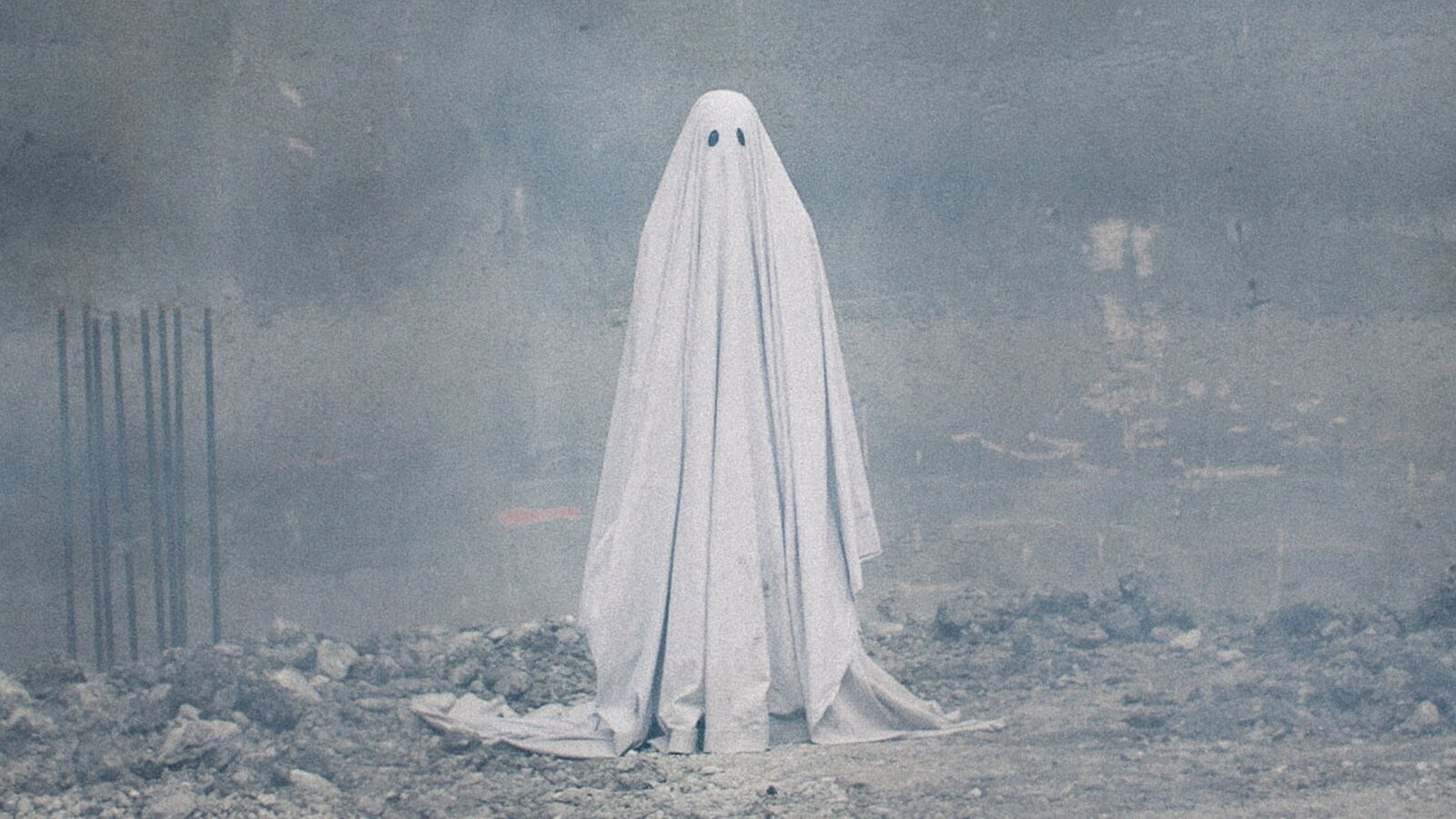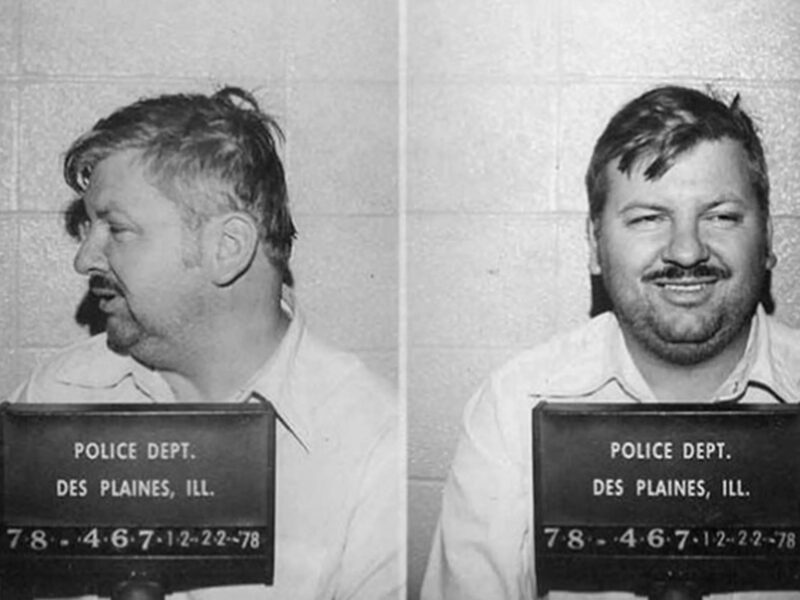
What is the original meaning of Halloween? Is it scary?
Halloween rolls around once a year, but for some, it’s a lifestyle. For the entirety of fall, people get in the festive mood by decorating their homes and carving Jack O’Lanterns to put on their steps. Over the years, many traditions and age-old folklore surround the spooky holiday, but the origins had to start somewhere, right?
Like Christmas, Thanksgiving, and St. Patrick’s Day, Halloween has a history, and on account of the celebrations, costumes, and scary movies that commence in October, it might be a dark one.
We’re here to explore the original meaning of Halloween, where it started, and how it transpired into what it is today. Buckle up, and keep the lights on because it might get scary.

Where did Halloween originate?
In the eighth century, Pope Gregory III announced November 1st as being a day to honor saints. Early on, October 31st was known as “All Hallows Eve,” and as we know it today, it was later called Halloween.
The annual tradition to celebrate October 31st started with the ancient Celtic festival called Samhain. Samhain marked the end of the harvest season and the beginning of winter or the “darker portion” of the year. The dark & cold environment would also be associated with human death.

The Celts lived almost 2,000 years ago in Ireland, the United Kingdom, and northern France. People believed this time was both for the living & dead when the lines between both worlds became blurred.
While Samhain was being celebrated, people believed the dead returned to earth and roamed the lands in search of . . . a body to snatch? Revenge? Well, sort of. The Celts believed ghosts would rise to cause mischief and destroy crops, which was a big deal back in the day.

Predicting the future
While the ghosts roamed the lands uprooting vegetables, the Celts also believed having the spirits around opened up the possibility of Druids, or Celtic priests, to predict one’s future. Because circumstances were so unpredictable at that time, this belief was fundamental to the people to assure they were on track and would live happy & healthy lives.
The Druids would build large bonfires to burn crops and sacrifice animals to the Celtic deities during this time. To prepare, everyone would wear costumes, consisting of heads & skins, while trying to predict their neighbor’s future – naturally.
When the fun & games were over, the Celts relit their hearth fires to prepare for the upcoming winter season.

Halloween traditions
The holiday has come a long way since the days of sacrificial bonfires and such, but you’re probably wondering how traditions shifted so drastically.
When the holiday made its way over to the United States, the celebration was minimal at first because of the Protestant belief systems in Europe. While New England took a pass, Maryland embraced Halloween and started to shape it into what it is today.

As the belief systems of different European & American groups meshed, so did Halloween. The first celebrations included “play parties,” which were public events that celebrated the harvest. Neighbors would dance, sing, share stories of the dead, and (still) attempt to predict each other’s fortunes.
Colonial Halloween festivities also included ghost stories and trouble-making. These behaviors translated into what we know as “trick-or-treating” and telling the classic ghost stories by the fire.

Tricks or treats?
One of the most well-known traditions of Halloween today is trick-or-treating. While dressing up in costumes became the norm, Americans continued to borrow from European traditions and started to visit homes for food & money.
Later in the 1800s, there was a shift in how Americans celebrated. Halloween became more of an event to gather together rather than practicing witchcraft, pranking one another, and watching for ghosts.
While we know there are many ways people today celebrate this day, the holiday is more for children to dress up and receive candy while still embracing get-togethers and offering foods of the season.
—
What’s your favorite Halloween tradition? Let us know in the comments below!







